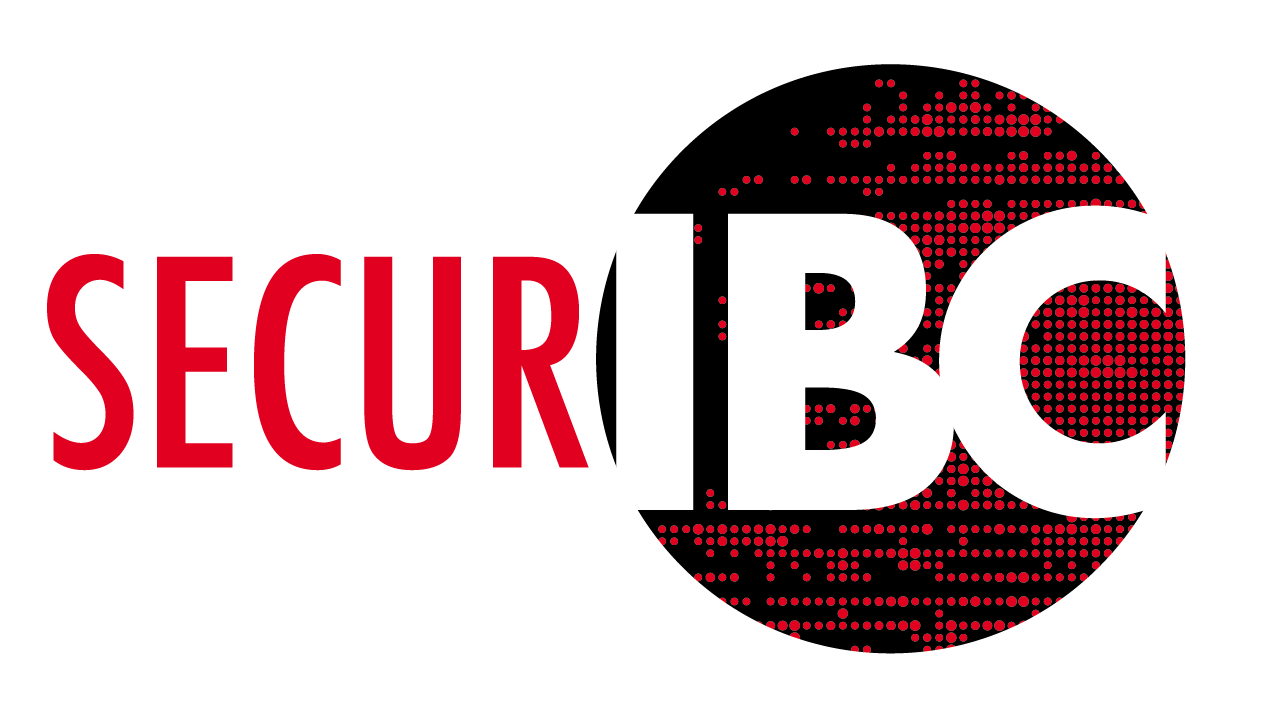There are several reasons why segregating server roles into different virtual machines (VMs) and virtualizing your server environment can be very beneficial for your business:
Benefits of Virtualizing Your Server Environment
Isolation and Security: By running different server roles on separate VMs, you can isolate their resources and processes. If one VM becomes compromised or experiences issues, it won’t affect the other VMs, which enhances the security and stability of your server environment.
Resource Optimization: Virtualization allows you to efficiently allocate resources among Virtual Machines. Each VM can be provisioned with the appropriate amount of CPU, memory, storage, and network resources based on its specific workload requirements. This helps maximize resource utilization and prevents one server role from consuming excessive resources, potentially affecting the others.
Scalability and Flexibility: Virtualization enables easy scaling of server roles by adding or removing VMs as needed. If a particular role requires more resources due to increased demand, you can allocate additional VMs or adjust resource allocations accordingly. This increased flexibility allows for efficient resource management and adaptability to adjust to changing business needs.
Simplified Management: Managing a virtualized server environment is often easier compared to managing physical servers. Virtualization platforms provide centralized management tools that allow you to control and monitor all your VMs from a single interface, which simplifies administrative tasks, such as deployment, configuration, backup, and recovery.
Hardware Consolidation: Virtualization allows you to consolidate multiple physical servers into fewer hardware resources! By running multiple VMs on a single physical server, you can reduce hardware costs, power consumption, and data centre space requirements. This can result in significant cost savings and improved energy efficiency!
High Availability and Disaster Recovery: Virtualization platforms offer features like live migration and fault tolerance, which enhance server availability. If a physical server fails, the affected VMs can be automatically migrated to another host without service interruption. Additionally, virtualization simplifies disaster recovery by allowing you to take snapshots, replicate VMs to remote locations, and quickly restore them in case of data loss or system failures.
There you have it! Overall, segregating server roles into different VMs and virtualizing your server environment provides numerous advantages in terms of security, resource management, scalability, flexibility, simplified administration, cost savings, and improved availability.
These are just a few of the excellent reasons why segregating server roles into different virtual machines and virtualizing your server environment can be beneficial for your business. SecurIBC has built a foundation and a reputation for helping secure and ensure successful business growth based on dependable data systems…and we’re here to help. Connect with us today for your free consultation, and see how easy it can be to grow with SecurIBC!

